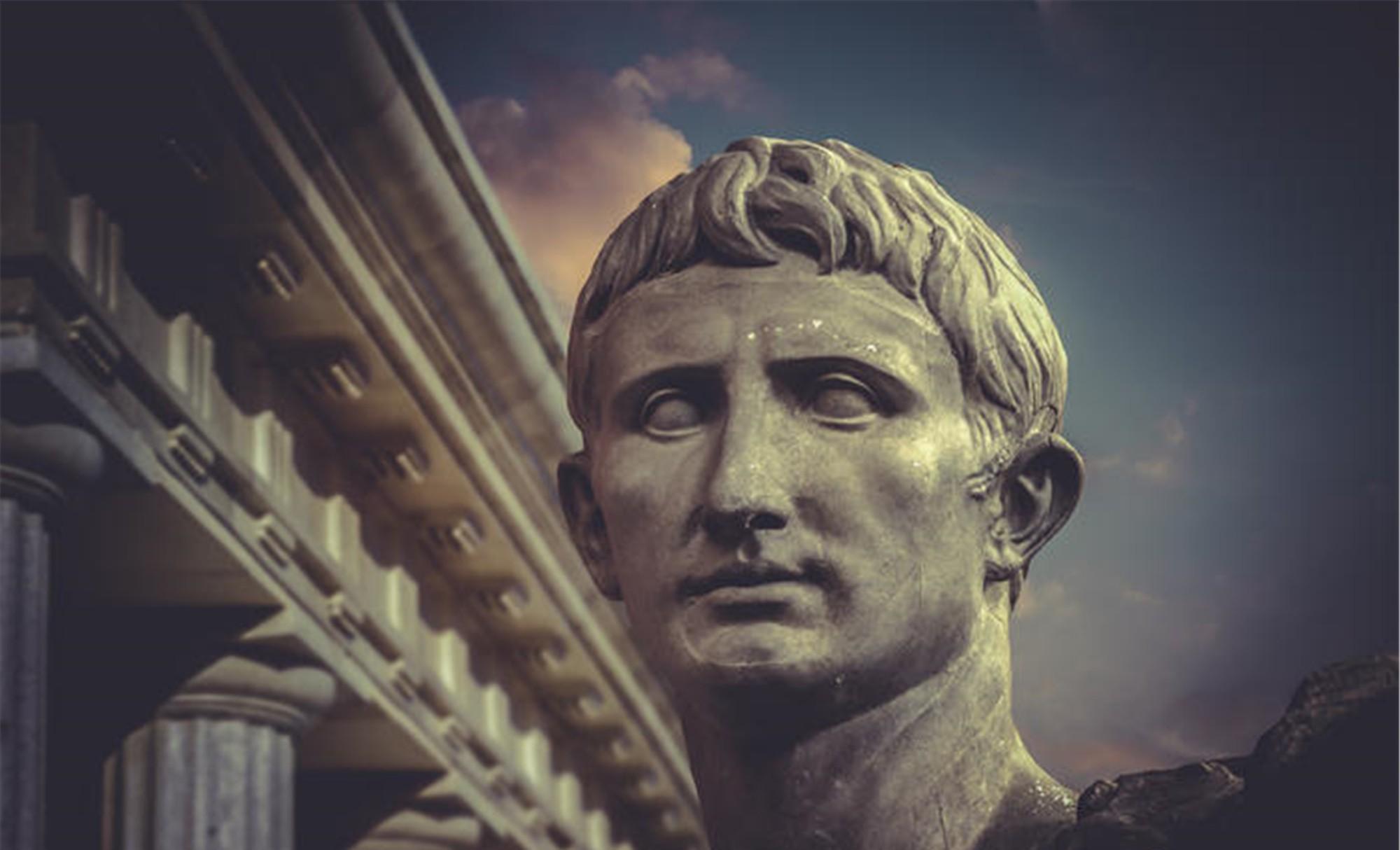The union of the "first three giants" of the Roman Republic formed a huge force. From the end of the agreement reached in 60 BC to the defeat and murder of Crassus, one of the three giants, in 53 BC in defeat at the hands of the Eastern Sabbath Empire, the entire Roman Republic crawled at the feet of the three of them.
However, the moon has clouds and clouds, people have joys and sorrows, and for a dynamically developing world, the development of things is not based on people's subjective wishes. The powerful "first three" are also at risk of splitting, and Caesar and Pompey will also be headed for a fateful confrontation.

For the "top three" of the alliance, they can also clearly feel the challenges they face. For example, at the end of 57 BC, after Caesar won the initial victory in Gaul, he returned to Shannan Gaul (located in present-day northern Italy) for the winter--- because it was close to the city of Rome, which could maintain caesar's influence in the city of Rome.
Upon arrival, in order to make up for the contradictions with Pompey and Crassus caused by his great victory in Gaul, Caesar proposed to hold a meeting in the northern Italian city of Luca to consolidate the relationship between the three parties. They also reconciled their views on the next steps towards the Roman Republic.
Because after the tripartite alliance in 60 BC, they only made recent arrangements. For example, Caesar became the executive officer in 59 BC, and he was also responsible for obtaining the rights they wanted for Pompey and Crassus.
When Caesar completed his term, the Senate and Pompey not only gave him the post of governor of the provinces of Southern Gaul and Illyria for a five-year term, but also gave Caesar the post of Governor of The Outer Gaul. Of course, there was the selfishness of the Senate and Pompey: Shannan Gaul was too close to the city of Rome, and Caesar could exert great influence on the situation in Rome; while Gaul outside the mountains had large areas of unconquered land that could drag Caesar into the quagmire of war.
In order to give Caesar a certain military power to fight the Gauls, the Senate gave him 4 Roman legions. However, the Senate and Pompey's abacus is right in Caesar's hands, and the comparison within the Big Three, you will find that Caesar was the least hard power at that time.
Pompey had followed Sulla very early on, and had the support of a large army in the Southern Expedition; Crassus, the richest man in Rome, had organized a large number of Roman legions in the process of suppressing the Spartacus Rebellion, and these people naturally supported the rich man; and Caesar, who had neither brought soldiers nor had money, even owed a huge debt in order to accumulate prestige among the people. And external conquest warfare not only brought Caesar huge loot but also had an army loyal to himself.
After Caesar arrived in Gaul in 58 BC, he began a war with the Gauls, as Pompey and the Senate had predicted. However, they underestimated Caesar's military ability, and in just two or three years Caesar not only brought the entire gaul region under Roman rule (forming the gaul province), but also moved east into Germanic territory, pushing the Roman border to the left bank of the Rhine.
The initial conquest of Gaul brought Great Wealth and Prestige to Caesar. Using this wealth, Caesar sent a large amount of money or slaves to a large number of people in the city of Rome every year when he returned to Southern Gaul for the winter, in order to maintain his influence in Rome.
However, Caesar's actions made pompey feel unhappy. During these years, Claudius, Caesar's agent in the city of Rome, was active in the struggle against the Senate, and his methods were too extreme, which attracted the opposition of Pompey, who remained in the city of Rome. In order to counter Claudius, Pompey began to contact the patron annuus Miró, who had been elected in 57 BC, and was gradually co-opted by the Senate.
The union of the "former big three" is in danger of splitting, and in order to consolidate the alliance, the three parties meet again in Luca City. Coordinate the position for the next action: Caesar's reign in Gaul was extended for five years and could have ten Roman legions, Pompey and Crassus elected consuls for 55 BC.
After pompey completes his term of office, he will be given five years of rule in Spain near and far, while Crassus is five years in Syria. When Caesar's term expired, he would be elected consul for 48 BC.
The meeting, known as the Luka Conference, was also the last agreement reached by the "top three". Soon after, various things followed, and the "top three" alliance completely went to a split.
Thank you for your attention and support, welcome to like, comment and retweet.